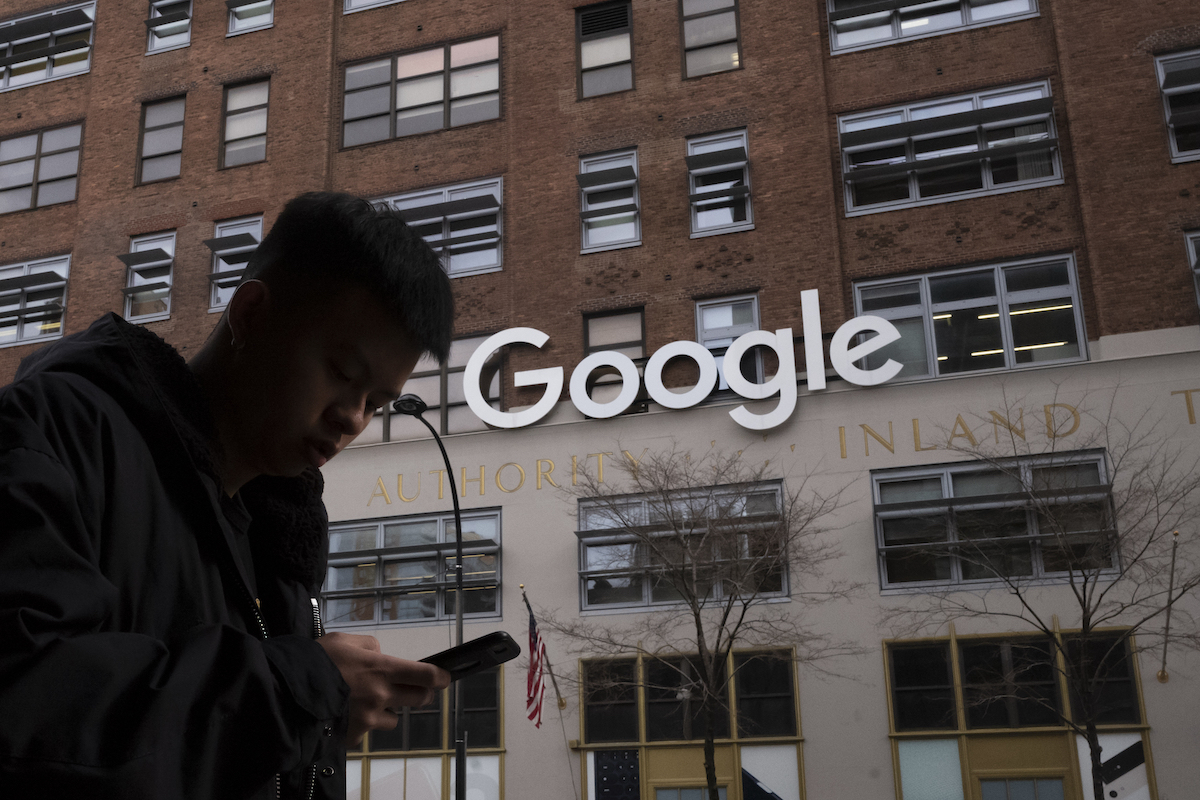Australia’s parliament passed the final amendments to the News Media Bargaining Code on Feb. 25, which force Google and Facebook to pay for news, according to AP News.
The news code pushes the tech giants and news organizations to arrange payment deals between themselves. According to BBC, the code also requires Facebook and Google to invest millions of dollars in local digital content.
“The purpose of the code is to address the market power that clearly Google and Facebook have,” said Rod Sims, the Australian Competition and Consumer Commision chair that drafted the code. “Google and Facebook need media, but they don’t need any particular media company and that meant media companies couldn’t do commercial deals.”
The justification of the new legislation is that Google and Facebook are taking away revenue from local media outlets who have little negotiating power. For every $100 spent on advertising in Australia, Google earns $53 and Facebook earns $28.
According to The Guardian, when the legislation was first announced, Facebook threatened to block Australians from sharing news and Google threatened to remove search from Australia.
The first of its kind legislation is being watched by other countries who are expected to follow. According to Reuters, Canada and Britain are expected to announce similar legislation.
On Feb. 18, Facebook announced it blocked Australian users from sharing or viewing any news content in response to the new legislation.
“The proposed law fundamentally misunderstands the relationship between our platform and publishers who use it to share content,” Facebook wrote in a blog post.
Facebook argued the relationship between Facebook and publishers favors the publishers.
“Publishers willingly choose to post news on Facebook, as it allows them to sell more subscriptions, grow their audiences and increase their advertising revenue,” said William Easton, Facebook manager for Australia and New Zealand.
“[The law] has left us facing a stark choice: attempt to comply with a law that ignores the realities of this relationship, or stop allowing news content on our services in Australia,” the blog post states. “With a heavy heart, we are choosing the latter.”
In addition to blocking news on its platform, several health and emergency pages were also blocked—something Facebook later announced as a mistake, according to BBC.
“Facebook’s actions to unfriend Australia today, cutting off essential information services on health and emergency services, were as arrogant as they were disappointing,” wrote Australian Prime Minister Scott Morrison in a Facebook post.
“These actions will only confirm the concerns that an increasing number of countries are expressing about the behaviour of BigTech companies who think they are bigger than governments and that the rules should not apply to them.”
Facebook’s news ban also faced international criticism.
“I think it’s staggeringly irresponsible—at a time when we are facing a plethora of fake news and disinformation in relation to the [COVID-19] vaccine,” said Julian Knight, the head of the British parliamentary committee that oversees media.
“This is not just about Australia. This is Facebook putting a marker down, saying to the world that ‘if you do wish to limit our powers…we can remove what is for many people a utility.’”
According to BBC, United States Congressperson David Cicilline wrote in a tweet “Facebook is not compatible with democracy. Threatening to bring an entire country to its knees to agree to Facebook’s terms is the ultimate admission of monopoly power.”
On Feb. 22, Facebook announced the restoration of news on its Australian platform after reaching an agreement with the Australian government.
“It’s always been our intention to support journalism in Australia and around the world,” said Campbell Brown, Vice President of Global News Partnerships at Facebook. “We’ll continue to invest in news globally and resist efforts by media conglomerates to advance regulatory frameworks that do not take account of the true value exchange between publishers and platforms like Facebook.”
Google has agreed to the amendments alongside Facebook. Both companies are now pursuing Australian media deals under their respective licensing models: Google News Showcase and Facebook News.
“To the millions of Australians who use Google Search every day: thanks for bearing with us while we’ve sent you messages about this issue,” said Mel Silva, Managing Director of Google Australia in a statement. “We’re now going to get on with what matters most – helping you get the information you need.”
